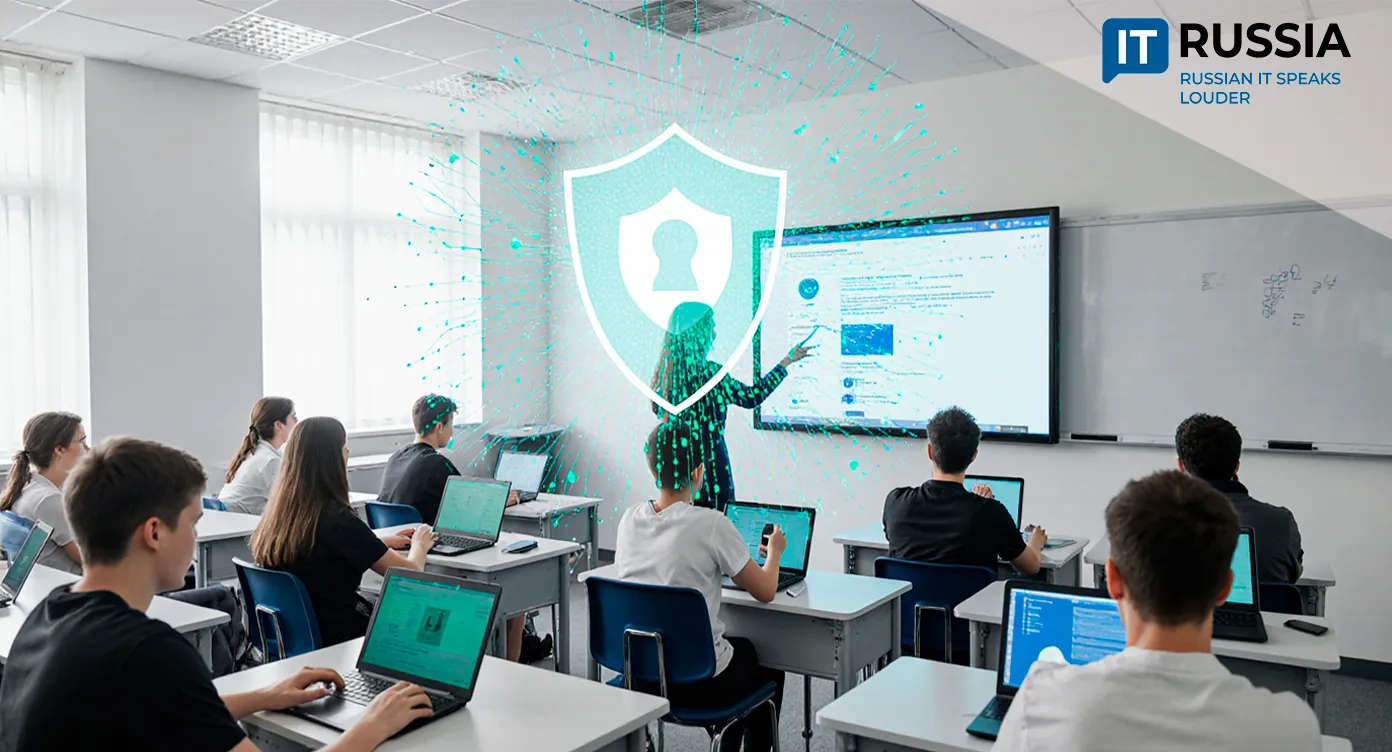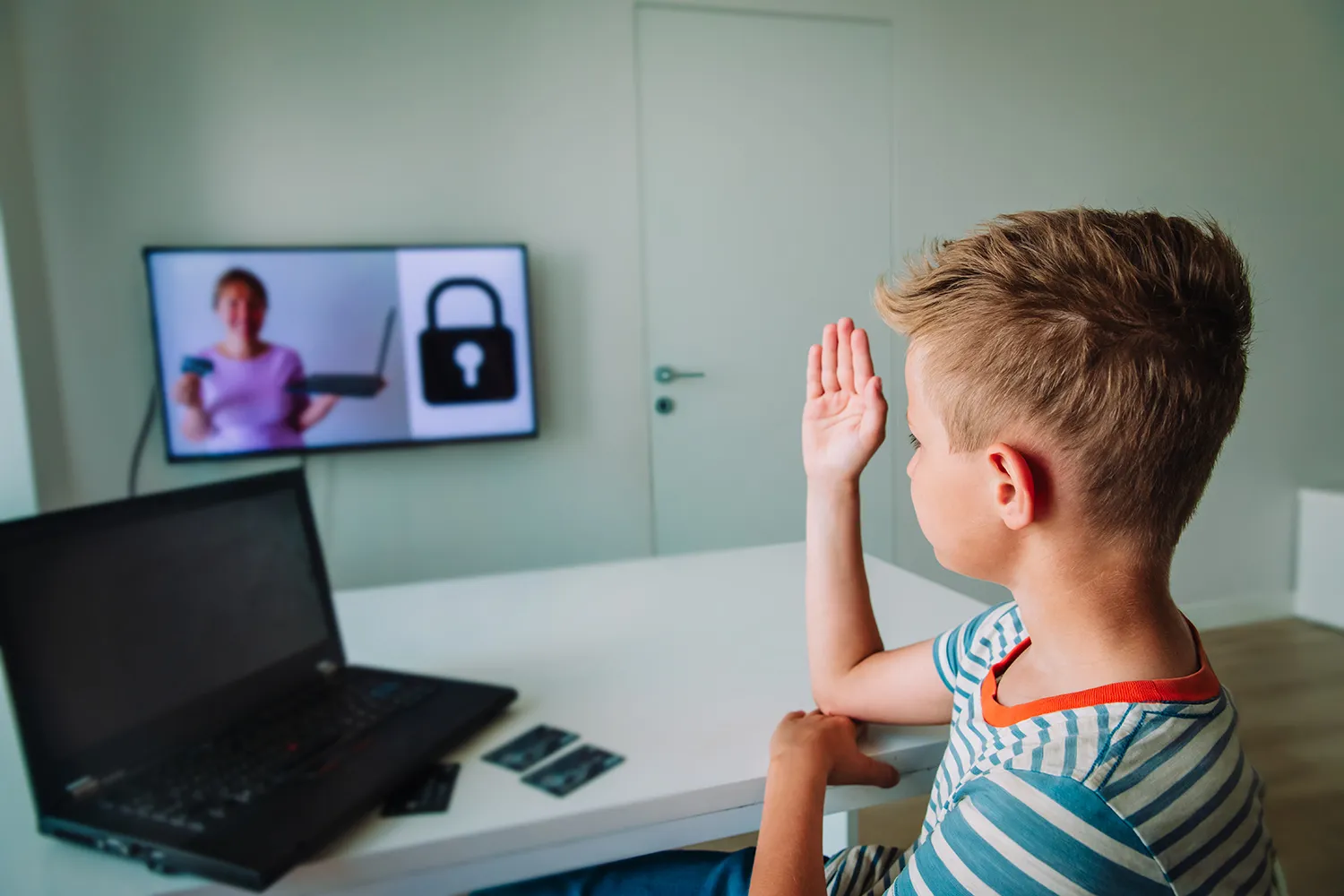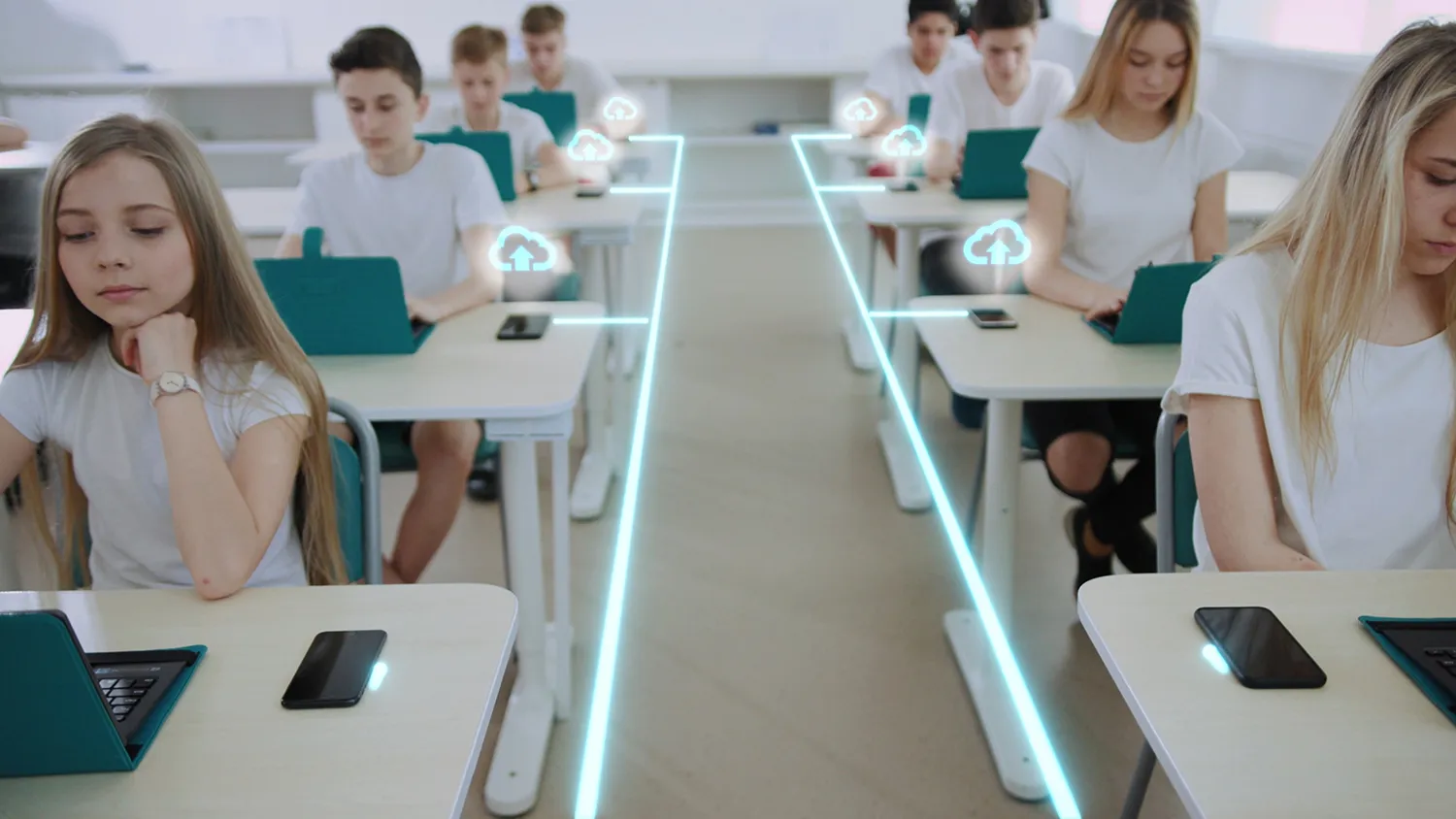Cyber Padders on the Digital Highway: Schools Turn to Cybersecurity Lessons
Russian schools are preparing to teach practical digital security classes, using real-life fraud cases and even a new homegrown messenger app to help students and families navigate the risks of the online world.

MAXimum Protection in the Classroom
The initiative was presented at the Eastern Economic Forum in Vladivostok by Senator Artyom Sheykin. In his address, he highlighted the potential of Max, a Russian messenger platform designed with privacy and safety in mind, as a tool for boosting digital literacy among students.
Sheykin emphasized that introducing Max into the learning process should remain voluntary and conscious, in line with modern pedagogy and data ethics principles. If adopted, practical cybersecurity lessons could become part of the national curriculum, significantly raising information culture among young people at a time of growing online fraud, cyber threats, and disinformation.

Facing the Threats of the Digital Age
For students and their families, the plan promises more than theory — it offers practical skills to recognize phishing, avoid data leaks, and communicate safely online. Parents could see reduced risks of financial fraud and online manipulation.
Integrating Max into the education system could also accelerate the app’s adoption. Designed for privacy, Max could serve as a pilot case for exporting secure communication technologies to other countries seeking stronger digital safeguards.

Building a Digital Safety Culture
If proven effective, these lessons could scale across Russia’s K–12 and vocational schools. In the long run, cybersecurity may even become a required element in federal educational standards, a milestone in building a resilient digital culture.
Specialized EdTech platforms and apps are likely to follow — including those based on Max — giving teachers tools for both instruction and safe communication within schools. Such developments could boost Russia’s EdTech sector, aligning it with global trends toward safety and digital literacy.
From Experiments to Practical Action
Russia has already experimented with digital literacy projects. In 2022–2023, under the national project 'Education,' basic cybersecurity classes were introduced, though mostly theoretical and less focused on real-world threats.

Other initiatives include the 'Safe Internet' online Olympiad, launched by Uchi.ru and VK with support from the Digital Economy project and the Ministry of Digital Development, as well as the 'Digital Literacy' program with videos on topics like information overload, data culture, and managing digital footprints.
Children have also engaged with projects like 'My Protected Data,' where popular bloggers explained how to create strong passwords, spot phishing links, and safely use online services. But Sheykin’s proposal stands out for its emphasis on case-based learning, modern tools such as Max, and voluntary yet practical instruction — making it highly relevant as kids spend more of their lives online.










































